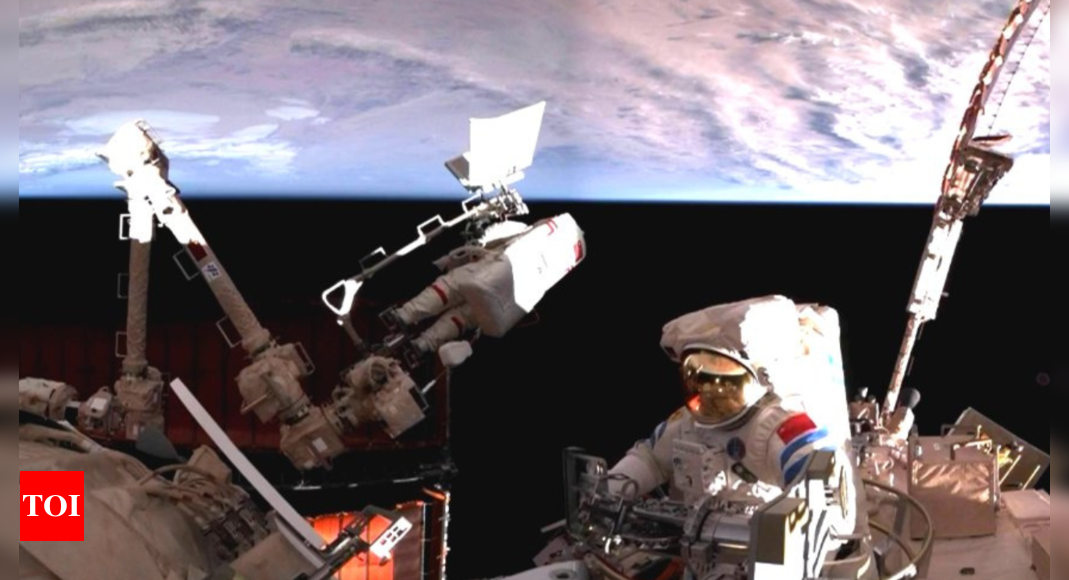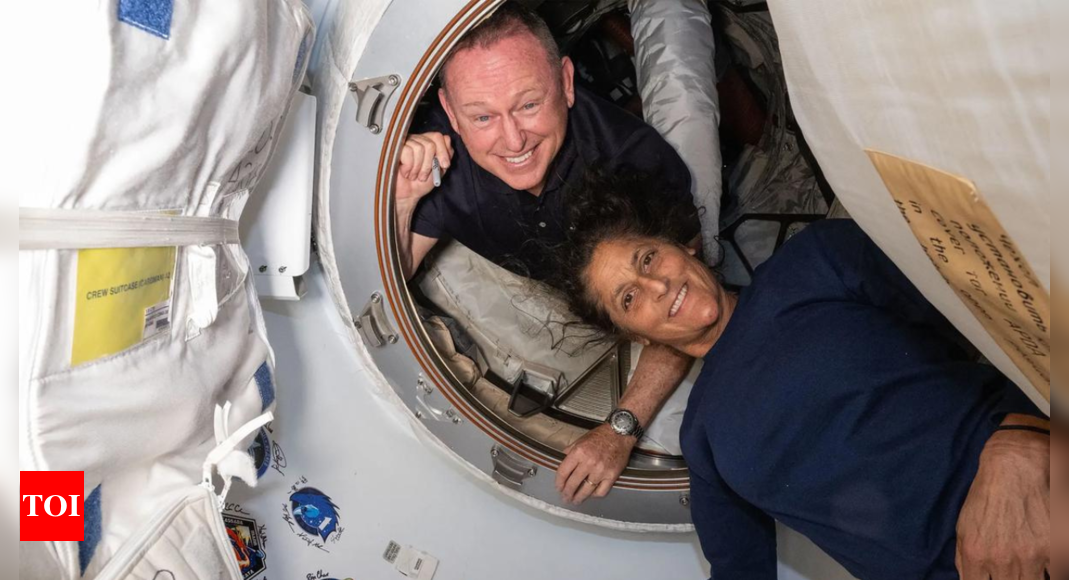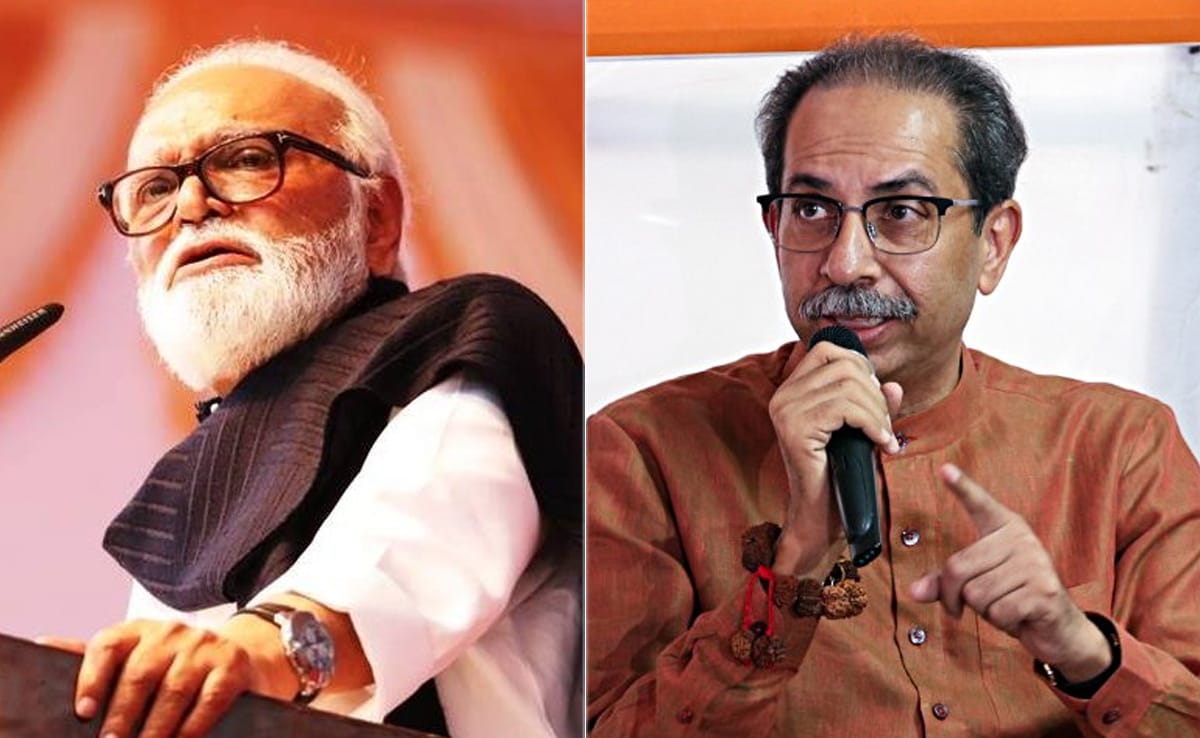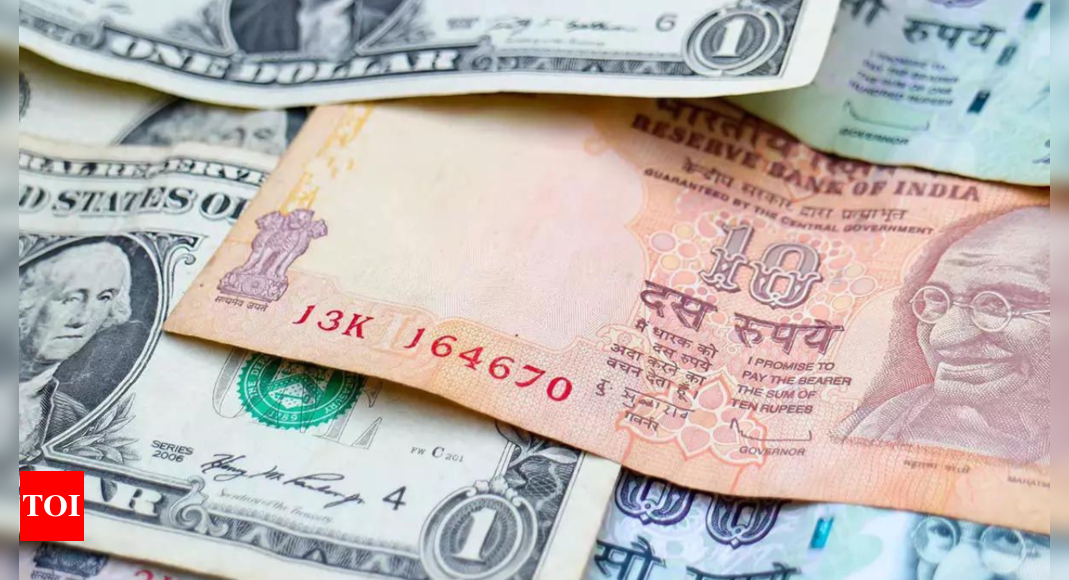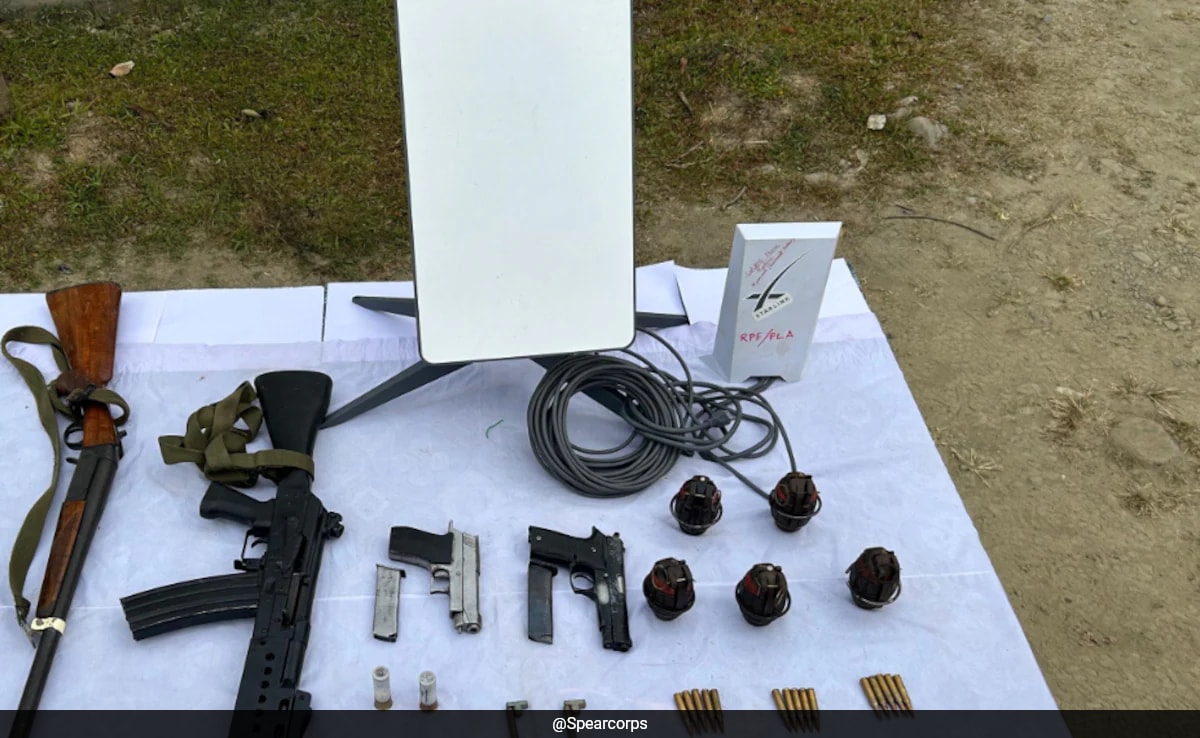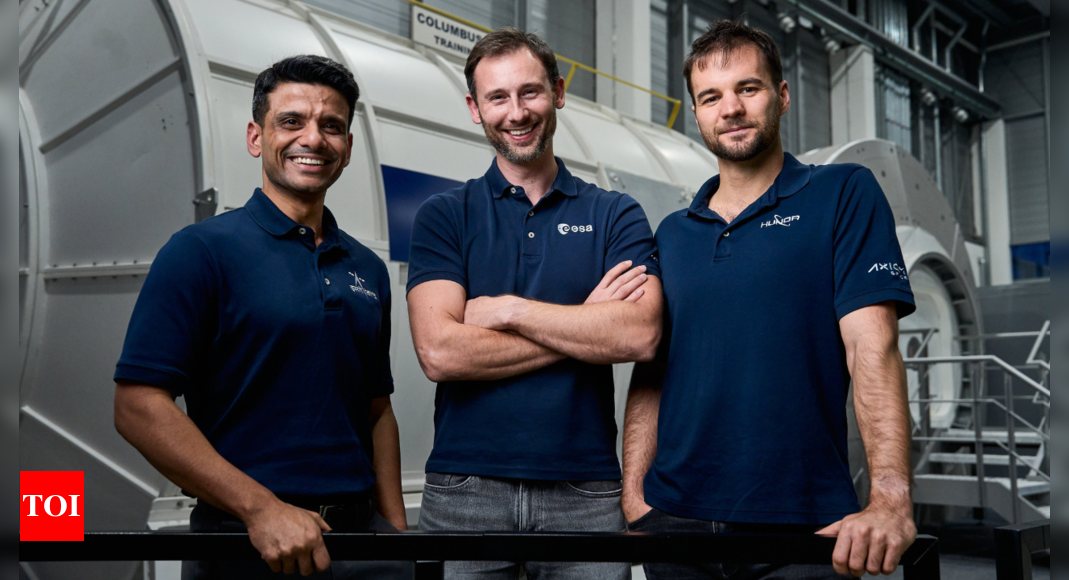
NEW DELHI: In a step towards unfurling India’s tricolour at the biggest space station, Indian astronaut-candidate Group Captain Shubhanshu Shukla is set to pilot the Axiom-4 (Ax-4) mission to the International Space Station in spring 2025, which will make him the first Indian to enter the ISS.
The Ax-4 mission will see Group Capt Shukla and his team spend up to 14 days aboard the ISS, which is circling Earth at 400 km altitude, conducting scientific research and experiments in microgravity. The Indian astronaut-candidate is expected to perform five experiments during his stay, contributing valuable data that will help plan future space missions, including India’s maiden human spaceflight mission ‘Gaganyaan’.
The Ax-4 mission is a significant collaboration between India and the US, announced by PM Narendra Modi during his visit to the US last year. Isro has partnered with Axiom Space, an American company specialising in human spaceflight, to facilitate this space project.
Director of international government business at Axiom Space, Pearly Pandya, who is an Indian-American and was born in Ahmedabad, informed the media in Delhi recently that Shukla and his backup, Group Captain Prashanth Nair, are being trained to operate payloads and conduct scientific research in microgravity. She also said the company will use Elon Musk-owned SpaceX’s Falcon-9 rocket and Crew Dragon capsule in the ISS mission. The ISS project is an end-to-end commercial mission for Axiom, which will take care of astronaut training, medical operations, and help conduct space experiments, she added.
Till now, Shukla and Nair have undergone extensive training with international partners, including Nasa, European Space Agency (ESA) and Japan Aerospace Exploration Agency (JAXA). Recently, they completed rigorous training at ESA’s European Astronaut Centre in Cologne, Germany, where they learnt about communications systems and emergency response procedures within the ISS’s multinational environment.
The crew also travelled to JAXA’s Tsukuba Space Center in Japan to gain knowledge about the Japanese Experiment Module (Kibo). The training is crucial for ensuring that astronauts can effectively operate within the diverse and complex systems of the ISS.
ISS is maintained in low earth orbit by a collaboration of five space agencies, including Nasa, Roscosmos (Russia), ESA, JAXA, and CSA (Canada).


